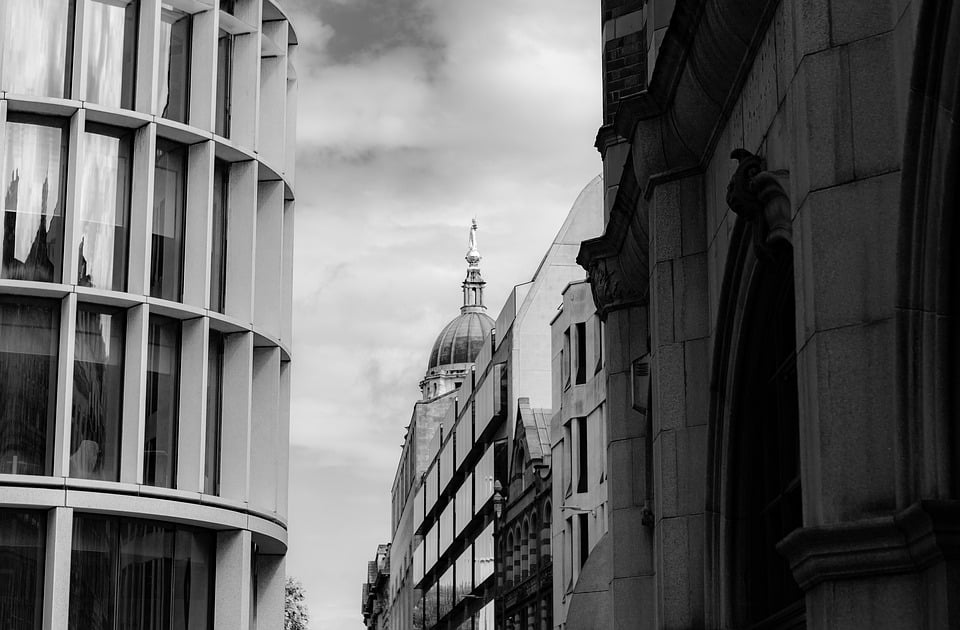In response to fears over the rapidly-spreading coronavirus the government implemented the “rule of six” and the 10pm “curfew”. Such measures aimed at reducing the spread of the coronavirus to lower levels were far more controversial than previous measures, being such harsh intrusions of the social lives of ordinary people. This has led to campaigns against the government which have questioned the scientific basis to these measures, with government responses being weak as they refuse to reveal details of the scientific advice they were acting on. Because of this backlash, MPs had the opportunity to vote down these measures in a vote in the House of Commons. However, these measures will stay in place – with a crushing government victory – and will very likely be added to over the next week.
Key to whether the lockdown measures increase, or decrease is, of course, the spread of the coronavirus. If the spread decreases, then the government can avoid and remove any lockdown measures to avoid enraging public opinion. If, however, the spread increases, then the government will solidify its lockdown measures to mitigate criticism of the government’s handling of the virus. This will likely means that the viruswill continues to spread at whatever pace for the foreseeable future as it is never truly eradicated. Even antibodies gained by recovered coronavirus patients or from any recipient of a future vaccine may be unable to prevent the spread of the virus due to its rapid mutation. This means you could potentially be infected with the coronavirus multiple times regardless of whether or not you are a lucky recipient of a future vaccines – which will likely take many months to create and even longer to distribute in larger numbers.
The coronavirus in many ways has revealed the failings of democracy. It is possible that no realistic option for competently tackling the coronavirus will work politically. Implementing the extremely authoritarian measures required to eliminate the virus would not be acceptable to the general public and the popular protests against such actions would eventually lead to parliament shutting them down. Since the virus is widespread in the UK successful approaches to tackling the virus without authoritarian measures are now unavailable. Meanwhile if the government resigned itself to the consequences of the virus and instead eliminated the lockdown measures which are destroying the UK economy, they would be blamed for all deaths to the proportionately small amount of people who are very vulnerable to the virus. Therefore, infections to the coronavirus increase it what Boris Johnson himself has called a “second wave”, the government has to be seen to act, even if such actions fail to help the situation.
Ahead of tomorrows the vote Sir Keir Starmer’s Labour Party have announced they will would support the government on its 10pm curfew which fails to provide any solution to the coronavirus crisis. This shows that Labour is also concerned about how voting to defeat the government and remove its lockdown measures could lead to them being blamed for the results that follow. Logic follows that this will lead to Labour voting in favour of the government’s tiered lockdown measures – even when they target Labour voting areas. With the government and its opposition aligned, both oppressive lockdown measures and the deaths from the coronavirus will likely continue for months and months until eventually Britain reaches its breaking point.
It is possible to handle the coronavirus without enforced lockdowns as Sweden’s voluntary lockdown has shown – and it is time to follow their example. We should trust the individuals in our country to look after their own health and empower them to do so. This means instead of putting everyone on furlough, then cancelling it for everyone when we start running out of money, we instead give furlough only to those who live in households with people who are vulnerable to the coronavirus. We then allow those who are not vulnerable to the coronavirus to go back to work and go back to their preferred social activities. This means less damage to our economy, more extended subsidies to those who need them, those who aren’t vulnerable to the coronavirus wont have their lives ruined, while we will also be able to protect people with vulnerabilities.
PLEASE SUPPORT US FOR JUST £2 A MONTH












